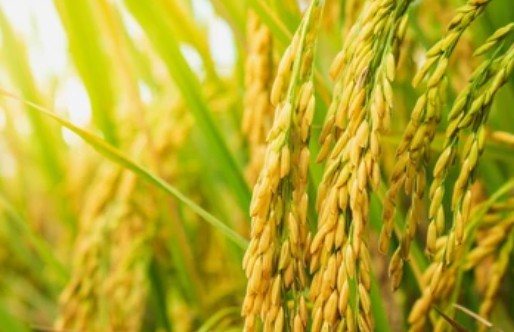Primary metabolism and secondary metabolism are the two types of metabolism in plants. All plants have primary metabolism metabolites, such as sugars, lipids, amino acids, and others, which are required for supporting cellular life processes. The secondary metabolites produced are also a class of small molecule organic compounds that are not essential for plant growth and development, while many secondary metabolites are involved in plant resistance, disease resistance, and other processes or have physiological activity and other roles. This is true even though secondary metabolism in different species, organs, tissues, and growth and development periods of specific species are different. Widely-targeted metabolomics can provide a valuable foundation for analyzing plant metabolic pathways and biological questions by detecting these types of substances.
Lifeasible use LC-MS/MS technology to perform broadly targeted quantitative metabolomic detection and analysis of plant metabolites. The widely targeted metabolomics service we provide for plant metabolites combines non-targeted technology with targeted MRM technology, which has the technical advantages of identifying multiple substances, accurate characterization and quantification, wide dynamic range, high sensitivity, and good reproducibility. Currently, it is widely used in the detection of complex plant metabolites.

| Plant widely targeted metabolome database | ||
| Substance category | Number | Representative substance |
| Flavone | 3700+ | Rutin, Phloretin, Pomiferin, Hesperitin, Liquiritigenin, Pelargonidin 3-O-glucoside, Ginkgo biflavones, Formononetin, Theaflavins |
| Phenolic acid | 2100+ | Chlorogenic acid, Momordicoside A, Oleuropein, Salvianolic acid, Veratric acid, Salidroside, Pericin B, Magloside A, Vanillic acid |
| Alkaloids | 7000+ | α- Solanine, Peimine, Nuciferine, Stachydrine, Matrine, Camptothecin, ArecolinE, DIMBOA, Oat alkaloid A, Lycorenin |
| Terpenoids | 8000+ | Artemisinin, Genipin, Paclitaxel, Wilforlide A, Protopanaxadiol, Saikosaponin A, Cucurbitacin B, Crocin-I, Cyclocarioside I, Ecliptasaponin A |
| Steroids | 1300+ | Asparagus saponin C, Polyphyllin D, Timosaponin A-III, Gracillin, Sarsasapogenin, Tigogenin, Digitonin, Oleandrin |
| Vitamins | 50+ | Ascorbic acid, Riboflavin, All-trans-Retinol, Vitamin U, Ginkgotoxin, Nicotinic acid, Nicotinamide, Vitamin D3, Tocotrienol |
| Amino acids | 540+ | Tryptophan, Theanine, Beauvericin, Dencichine, Heterophyllin, Saccharopine, (S)-3-(Allylsulphinyl)-L-alanine, DOPA, S-Adenosyl-L-methionine, Glutamic acid cysteine |
| Nucleotides | 120+ | Adenine, Cytosine, Thymine, Inosine, Eritadenine, Xanthosine, Cordycepin, Sepiapterin, Adenosine 5'-monophosphate |
| Sugar and alcohol | 340+ | Glucose, Fructose, Sucrose, Fucose, Xylitol, Rhamnose, Maltose, Raffinose, Allitol, Mannitol |
| Lipids | 500+ | Linolenic acid, 4-hydroxysphingosine, Lauric acid, Cerulenin, Myristic acid, Palmitic acid, Arachidonic acid, Stearic acid |
| ...... | ...... | ...... |
| Total | 30000+ | |
| Sample type | Various plant tissues and liquid samples. |
| Sample volume | Fresh 2 g, dry 1 g, lyophilized 250 mg, liquid 500 µL. |
| Storage and transportation | Store in liquid nitrogen or -80 °C. Adequate amount of dry ice for transportation; avoid repeated freezing and thawing. |

Lifeasible is dedicated to plant research and provides high-quality plant analysis services based on our advanced technology platform. If you are interested in us, please feel free to contact us.